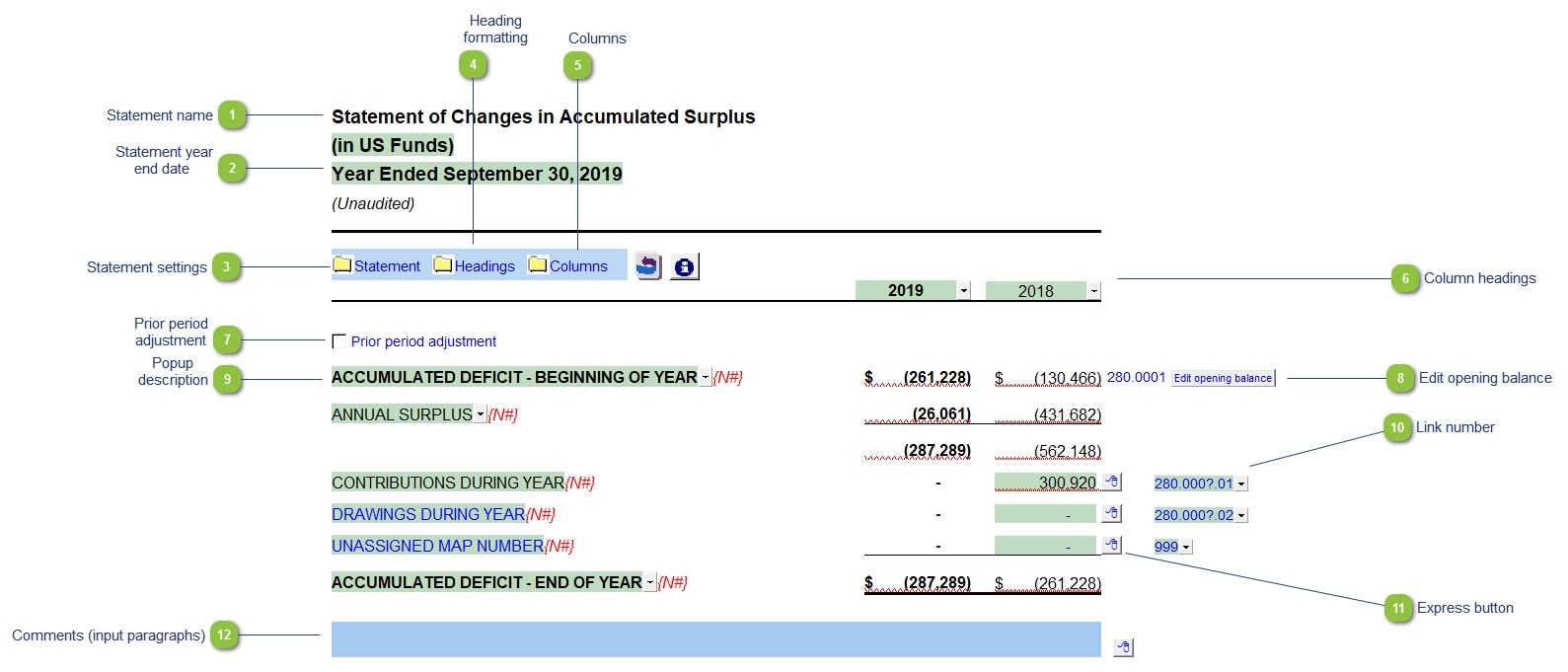

Finance
Accumulation Unit Definition
Published: September 29, 2023
Want to know what accumulation units are in finance? Read this article to understand the definition and how they work in investment vehicles.
(Many of the links in this article redirect to a specific reviewed product. Your purchase of these products through affiliate links helps to generate commission for LiveWell, at no extra cost. Learn more)
The Accumulation Unit Definition: A Guide to Understanding Your Investments
When it comes to personal finance, understanding the terminology is essential. One term that often comes up in discussions about investment products is “accumulation unit.” But what exactly is an accumulation unit, and what does it mean for your investments? In this blog post, we’ll dive deep into the accumulation unit definition and provide you with the information you need to make informed decisions about your financial future.
Key Takeaways:
- Accumulation units are a measure of investment ownership that allow investors to accumulate funds over time.
- Accumulation units are commonly found in unit trust or mutual fund investments.
Let’s start by defining what an accumulation unit is. An accumulation unit represents a specific amount of a particular investment product that you own. It is a way for investors to measure their ownership in an investment fund, such as a unit trust or a mutual fund. When you purchase accumulation units, your money is pooled with other investors, and you receive a proportionate number of units based on the amount of money you invest. Over time, as the value of the investment increases, the number of accumulation units you own also increases.
Now that we have a basic understanding of what accumulation units are, let’s explore why they matter in the world of personal finance. Here are a few key reasons:
- A measure of ownership: Accumulation units provide a tangible representation of your ownership in an investment. They allow you to track your portion of the overall investment pool.
- Profit potential: As the value of the investment increases, the value of your accumulation units also grows. This offers you the potential for capital appreciation and increased returns.
- Dividend distributions: In some cases, the income generated by the investment may be distributed to investors in the form of dividends. The number of accumulation units you own determines the amount of dividends you receive.
When you’re considering investing in a unit trust or mutual fund, understanding accumulation units is crucial. Here are a few additional points to keep in mind:
- The price of accumulation units can fluctuate, depending on the performance of the underlying investment assets.
- The value of your accumulation units is typically calculated daily, allowing for transparency and easy tracking of your investment.
- Accumulation units can be bought and sold, offering you the flexibility to adjust your investment portfolio as needed.
In conclusion, accumulation units are an important concept to understand when it comes to investing. They serve as a measure of your ownership in an investment fund, provide profit potential, and allow for dividend distributions. By grasping the accumulation unit definition and its significance, you can make more informed decisions about your financial goals and investments.














